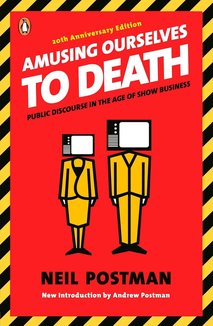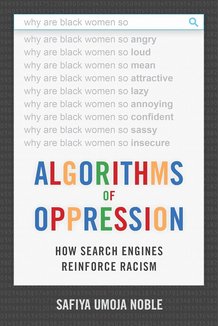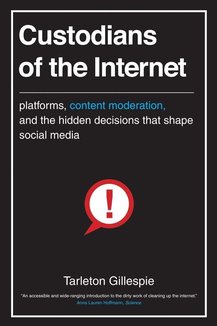Recommended Books

Amusing Ourselves to Death: Public Discourse in the Age of Show Business
Authors:
Neil Postman
,
Andrew Postman
ISBN 13:
978-0143036531
What happens when media and politics become forms of entertainment? As our world begins to look more and more like Orwell's 1984 , Neil's Postman's essential guide to the modern media is more relevant than ever. "It's unlikely that Trump has ever read Amusing Ourselves to Death , but his ascent would not have surprised Postman.” - CNN Originally published in 1985, Neil Postman’s groundbreaking polemic about the corrosive effects of television on our politics and public discourse has been hailed as a twenty-first-century book published in the twentieth century. Now, with television joined by more sophisticated electronic media—from the Internet to cell phones to DVDs—it has taken on even greater significance. Amusing Ourselves to Death is a prophetic look at what happens when politics, journalism, education, and even religion become subject to the demands of entertainment. It is also a blueprint for regaining control of our media, so that they can serve our highest goals. “A brilliant, powerful, and important book. This is an indictment that Postman has laid down and, so far as I can see, an irrefutable one.” –Jonathan Yardley, The Washington Post Book World

Algorithms of Oppression: How Search Engines Reinforce Racism
Author:
Safiya Umoja Noble
ISBN 13:
978-1479837243
A revealing look at how negative biases against women of color are embedded in search engine results and algorithms Run a Google search for “Black girls”―what will you find? “Big Booty” and other sexually explicit terms are likely to come up as top search terms. But, if you type in “white girls,” the results are radically different. The suggested porn sites and un-moderated discussions about “why Black women are so sassy” or “why Black women are so angry” presents a disturbing portrait of Black womanhood in modern society. In Algorithms of Oppression , Safiya Umoja Noble challenges the idea that search engines like Google offer an equal playing field for all forms of ideas, identities, and activities. Data discrimination is a real social problem; Noble argues that the combination of private interests in promoting certain sites, along with the monopoly status of a relatively small number of Internet search engines, leads to a biased set of search algorithms that privilege whiteness and discriminate against people of color, specifically women of color. Through an analysis of textual and media searches as well as extensive research on paid online advertising, Noble exposes a culture of racism and sexism in the way discoverability is created online. As search engines and their related companies grow in importance―operating as a source for email, a major vehicle for primary and secondary school learning, and beyond―understanding and reversing these disquieting trends and discriminatory practices is of utmost importance. An original, surprising and, at times, disturbing account of bias on the internet, Algorithms of Oppression contributes to our understanding of how racism is created, maintained, and disseminated in the 21st century.

Custodians of the Internet: Platforms, Content Moderation, and the Hidden Decisions That Shape Social Media
Author:
Tarleton Gillespie
ISBN 13:
978-0300261431
A revealing and gripping investigation into how social media platforms police what we post online—and the large societal impact of these decisions Most users want their Twitter feed, Facebook page, and YouTube comments to be free of harassment and porn. Whether faced with “fake news” or livestreamed violence, “content moderators”—who censor or promote user‑posted content—have never been more important. This is especially true when the tools that social media platforms use to curb trolling, ban hate speech, and censor pornography can also silence the speech you need to hear. In this revealing and nuanced exploration, award‑winning sociologist and cultural observer Tarleton Gillespie provides an overview of current social media practices and explains the underlying rationales for how, when, and why these policies are enforced. In doing so, Gillespie highlights that content moderation receives too little public scrutiny even as it is shapes social norms and creates consequences for public discourse, cultural production, and the fabric of society. Based on interviews with content moderators, creators, and consumers, this accessible, timely book is a must‑read for anyone who’s ever clicked “like” or “retweet.”